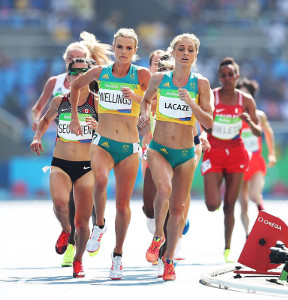
How to Keep Fit and Healthy at Home
Cooped up and feeling sluggish, bored, even a bit miserable? Despite being confined indoors during the coronavirus outbreak, there are still lots of things you can do to protect your health and wellbeing and keep your energy levels up.
We sat down with Eloise Wellings, two-time Olympic runner and three-time Commonwealth Games athlete and Ubiquinol ambassador to talk about how she maintains her energy levels and stays on top of her health and fitness routine in this period of isolation.
Eloise gives us a break down on her top tips and tricks:
Eat a Balanced and varied Diet
Eating as healthily as possible is important not only for our physical health, but our psychological well-being, too[1]. I recommend keeping your diet simple with plenty of fresh, unprocessed foods, with a good balance of complex carbs and protein that are rich in iron and B-vitamins. This could be dark greens and legumes, to lean meats and wholegrains which contain all these energy packed nutrients[2]. Iron is essential for transporting oxygen in blood cells and for energy[3] and B-vitamins help your body metabolize carbohydrates, proteins, and convert them into energy[4].
As self-isolation may lead us to be less active, feeding yourself the right fuel is the first step to making any changes in your body and in your mind.
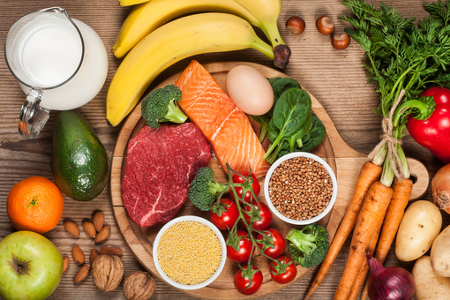

Exercise
When it comes to fitness and energy benefits—exercise releases ‘feel good’ chemicals called endorphins which can greatly affects both our mood and energy levels[5]. It is important to listen to our body’s signals and not beat yourself up if some days are more consistent than others. Remember that everyone exercises differently and there really isn’t a right or wrong way to get moving again. Test out a variety of options to find an activity you enjoy and suits your body type.
While the area you can exercise outside might be limited during lockdown, going outdoors, even briefly, has also been shown to improve people’s state of mind[6]. Research suggests just two hours in nature per week is linked to better health and wellbeing[7].
It’s reasonable to be flexible in this current environment and don’t be hard on yourself, especially during these times. Healthy adults should aim to fit in at least 30 minutes of exercise each day to increase your heart rate and get your body moving. Just 30 minutes every day can increase cardiovascular fitness, strengthen bones, reduce excess body fat, and boost muscle power and endurance[8]. From there, gradually increase the intensity of your workouts as your fitness improves.
Keep Hydrated
Staying hydrated by getting plenty of water and other fluids throughout the day is vital to your health, no matter what stage of life you’re in[9].
If we have a feeling of thirst, this indicates that we’ve already lost 2 to 3 percent of your body fluid[10]. To top things off, dehydration can leave us feeling tired and lethargic because of lowered blood volume[11]. Aim to drink the recommended eight cups a day. Even if this means dressing up your water with some fresh lemon or orange for flavour or investing in a reusable water bottle. Hydration is a simple way to keep up your energy levels.
Stay away from beverages that contain a lot of sugar, such as soda, they can actually reduce the amount of fluid that your body actually retains. This can further exacerbate dehydration and cause heat stress[12].
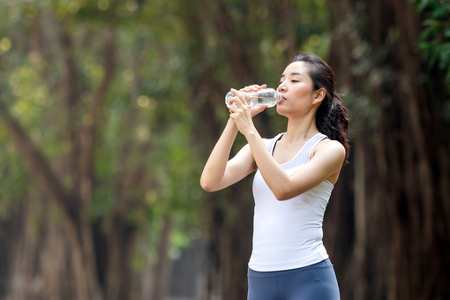
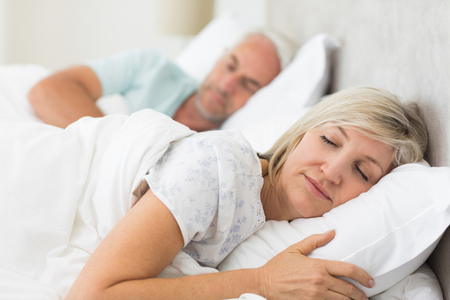
Get enough good quality sleep
A lack of quality sleep can negatively affect both our physical and mental health as well as reduce our immune system’s ability to fight off infections[13]. Getting enough rest is also key to an energised day, which is sometimes easier said than done in the current environment. For me, getting 8 hours of sleep means trying to pack it in early shortly after tucking my two children into bed and instead tackling my chores refreshed and early the next day.
Over time, poor sleeping patterns can lead to a range of problems including high blood pressure and stress levels[14]. Therefore, we should try to prioritise good sleeping habits and ensure we are getting enough.
Make sure to switch off your digital devices as these can disrupt your ability to turn off and get some much-needed rest and relation. You can also try relaxation techniques such as meditation.
TOP TIP: Aim to go to bed the same time every night, following the same pattern, whether it’s a bath after the kids have gone to bed or reading. If you keep your bedroom cooler and regulate the temperature throughout the night, you will find your overall sleep quality will improve.
Power your body
Even though I have a pretty well-balanced diet, I also normally take two supplements to support my body on a cellular level. The first is Ubiquinol, which is the active, more readily absorbed and effective form of CoQ10. Produced naturally in the human body, Ubiquinol is a potent antioxidant responsible for energy production in each cell of our body and is vital for supporting optimal health and energy levels. After you reach the age of 20, the levels of CoQ10 that your body is able to produce drops dramatically which makes it harder to recover from workouts. I rely on Ubiquinol for both helping reduce muscle inflammation and maintaining my energy levels during hard phases of training. It also helps combat oxidative stress which can be common with increased training loads and a busy lifestyle. I also take Magnesium as it helps to relax my muscles during training and also helps with muscle fatigue and cramps.
Always read the label. Use only as directed. If symptoms persist consult your healthcare professional.
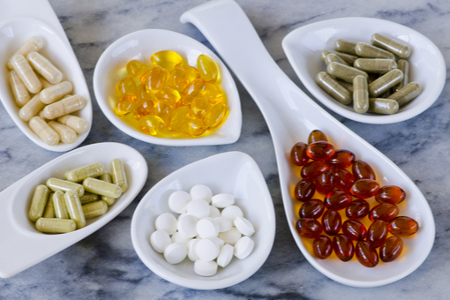
Thank you Eloise for these tips and tricks – I’m doing some of them, but not all. How about you? How are you keeping fit and healthy in this time of isolation? Let us know in the comments below.
Article References:
[1] https://bmcmedicine.biomedcentral.com/articles/10.1186/s12916-017-0791-y
[2] https://www.medicalnewstoday.com/articles/318600
[3] https://www.betterhealth.vic.gov.au/health/conditionsandtreatments/iron-deficiency-adults
[4] https://www.healthline.com/health/food-nutrition/vitamins-to-boost-metabolism#b-vitamins
[5] https://link.springer.com/article/10.2165/00007256-199724010-00002
[6] https://www.pnas.org/content/112/28/8567
[7] https://www.nature.com/articles/s41598-019-44097-3
[8] https://www.ncbi.nlm.nih.gov/pmc/articles/PMC1402378/
[9] https://www.eufic.org/en/healthy-living/article/how-much-water-should-you-drink-per-day
[10] https://www.ncbi.nlm.nih.gov/pmc/articles/PMC4207053/
[11] https://www.mayoclinic.org/diseases-conditions/dehydration/symptoms-causes/syc-20354086?page=0&citems=10
[12] https://sciencing.com/effect-salt-sugar-dehydrated-cells-20371.html
[13] https://www.mayoclinic.org/diseases-conditions/insomnia/expert-answers/lack-of-sleep/faq-20057757
[14] https://www.ncbi.nlm.nih.gov/pmc/articles/PMC2913764/


